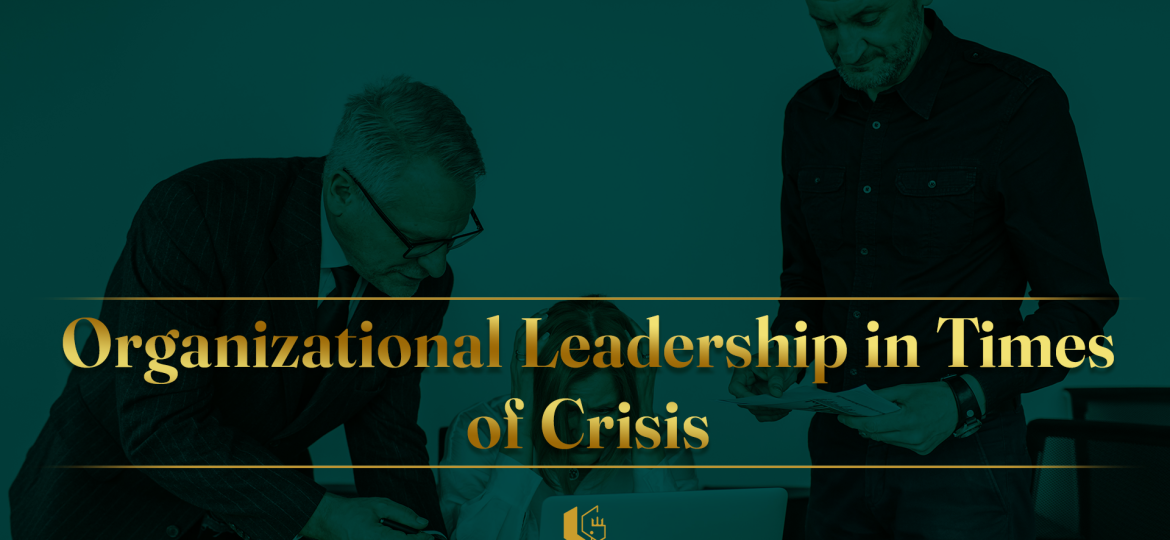
Introduction
A crisis is one of the greatest challenges any organization may face. Such crises can arise from various factors, including economic changes, natural disasters, rapid market shifts, or even internal organizational issues. In these situations, a leader’s ability to guide the organization becomes especially critical.
However, effective leadership in times of crisis requires tools that can help leaders not only overcome challenges but also turn them into opportunities for organizational growth and transformation. In this regard, leadership coaching and organizational coaching emerge as powerful tools for empowering leaders and their teams to effectively manage crises.
This article explores the role of coaching in organizational leadership during crises and how it can be applied to achieve organizational goals.
Leadership Coaching in Times of Crisis
Leadership coaching, as a developmental process, helps leaders gain a better understanding of their abilities, strengths, and weaknesses during crisis situations. This approach is built upon three key principles that enable leaders to manage crises with fresh perspectives and creative solutions:
Self-Awareness
Self-awareness, one of the most important principles of coaching, helps leaders develop a deeper understanding of their reactions, emotions, and decision-making processes during crises. Leaders who enhance their self-awareness through coaching are better able to make decisions based on analysis and logic rather than reacting emotionally under pressure. This heightened self-awareness enables them to leverage their strengths and support their teams in managing crises more effectively.
Flexibility
Crisis situations often demand approaches different from those used under normal circumstances. Here, flexibility becomes a critical skill that coaching helps to develop. Through coaching, leaders learn how to adapt to rapid and unexpected changes and find creative solutions to emerging challenges. Flexibility allows leaders to view changes not as threats, but as opportunities for innovation and improvement.
Effective Communication
During a crisis, effective communication between leaders and teams plays a vital role. Coaching focuses on enhancing leaders’ communication skills so they can connect with their teams clearly, confidently, and effectively. This not only fosters trust within the organization but also enables leaders to share decisions appropriately and guide teams toward achieving crisis-related goals.
Organizational Coaching and Crisis Management
Organizational coaching takes a broader approach, focusing not just on individual leaders but on the entire organization, with an emphasis on developing a culture that strengthens the organization’s ability to withstand crises. This approach includes several key aspects that help organizations navigate challenges constructively:
Strengthening Team Capabilities
Through group coaching workshops and team-building activities, organizational coaching helps teams rely on one another and work collaboratively during crises. This approach fosters team cohesion and builds trust among members—serving as a powerful resource in difficult times.
Developing a Culture of Flexibility
Organizational coaching helps create a culture where flexibility, creativity, and adaptability are core values. Such a culture enables organizations not only to face crises without fear but also to view them as opportunities for learning and improvement. With this mindset, organizations can not only survive crises but also grow through them.
Managing Expectations
One of the most important aspects of crisis management is managing expectations. Organizational coaching helps leaders set realistic expectations for team capabilities during crises and plan accordingly. This ensures that resources are allocated effectively and helps prevent employee burnout.
Conclusion
Leadership and organizational coaching during crises not only help leaders and teams handle short-term challenges but also lay the foundation for long-term organizational growth and development after the crisis. These approaches enable organizations to go beyond mere survival, moving toward transformation and advancement, using the crisis experience as a driver for improvement and innovation.
By implementing coaching, organizations can build stronger leadership, more committed teams, and a more resilient culture—all essential for success in today’s complex and dynamic world.
Coaching Question:
When facing a crisis, what abilities and skills do you see in yourself and your team that could help you manage it effectively? Can you strengthen these capabilities through coaching and, as a leader, guide your organization toward success in challenging times?

